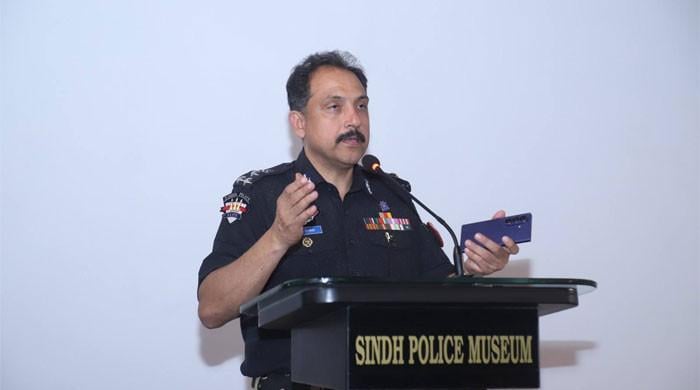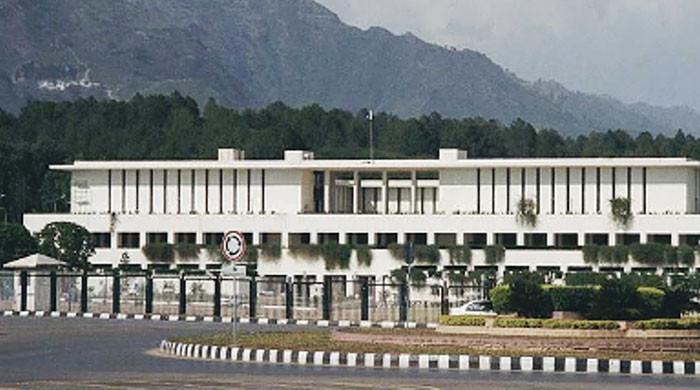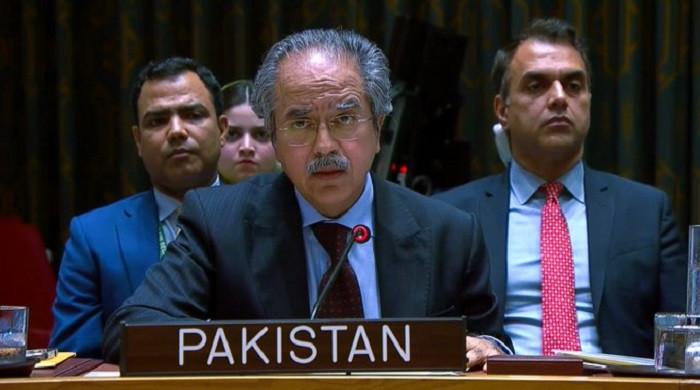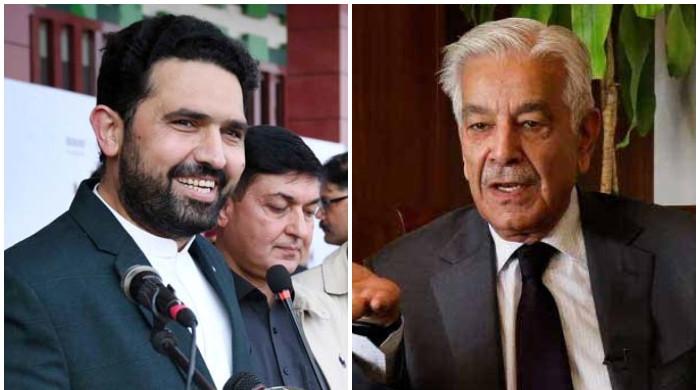Qandeel murder case: Court issues non-bailable warrants for Mufti Abdul Qavi
'Dismissed' investigation officer Noor Akbar informed magistrate the cleric has not been cooperating with police
October 12, 2017
MULTAN: A court issued on Thursday non-bailable arrest warrants for Mufti Abdul Qavi in the Qandeel Baloch murder case.
Judicial magistrate Mohammad Pervez issued the non-bailable warrants after investigation officer Noor Akbar requested the court to do so on the grounds that the cleric is not cooperating with the police.
However, Qavi told Geo News he is always present in his seminary and is available for any cooperation.
He added that he has obtained interim bail and therefore cannot be arrested.
Qavi further said that the police have recorded his statement, almost three hours long, last year.
Sloppy investigation
A couple of weeks after her video clip and pictures with Mufti Abdul Qavi emerged on social media showcasing the two had met in private, social media star Qandeel Baloch was allegedly strangled to death by her brother in July 2016.
Akbar, the investigation officer, was 'dismissed' on Tuesday for not submitting the final charge-sheet in the case despite the passing of 15 months.
Multan City Police Officer Chaudhry Muhammad Saleem dismissed sub-inspector Noor Akber of Muzzafarabad Police Station in Multan on failure to submit a charge-sheet of the case in court.
The court had repeatedly ordered Akber to submit a charge-sheet so that the case could proceed further.
Akber had asked for an extension for investigation every time, following which the court had also issued orders for seizing the investigation officer’s salary.
Four investigation officers have been changed in the Qandeel Baloch murder case.
Qandeel Baloch
Baloch, who shot to fame for her provocative selfies that polarised Pakistan, was allegedly strangled in July by her brother Muhammad Waseem.
He said she had brought shame on the family and confessed to his crime in a press conference after his arrest.
Prior to her death, Baloch, whose real name was Fauzia Azeem, spoke of worries about her safety and had appealed to the interior ministry to provide her with security.
In Facebook posts, Baloch, 26, spoke of trying to change "the typical orthodox mindset" of people in Pakistan.
She faced frequent abuse and death threats but continued to post provocative pictures and videos.
The so-called 'honour-killing' had sent shockwaves across the country and triggered an outpouring of grief on social media for Baloch.














